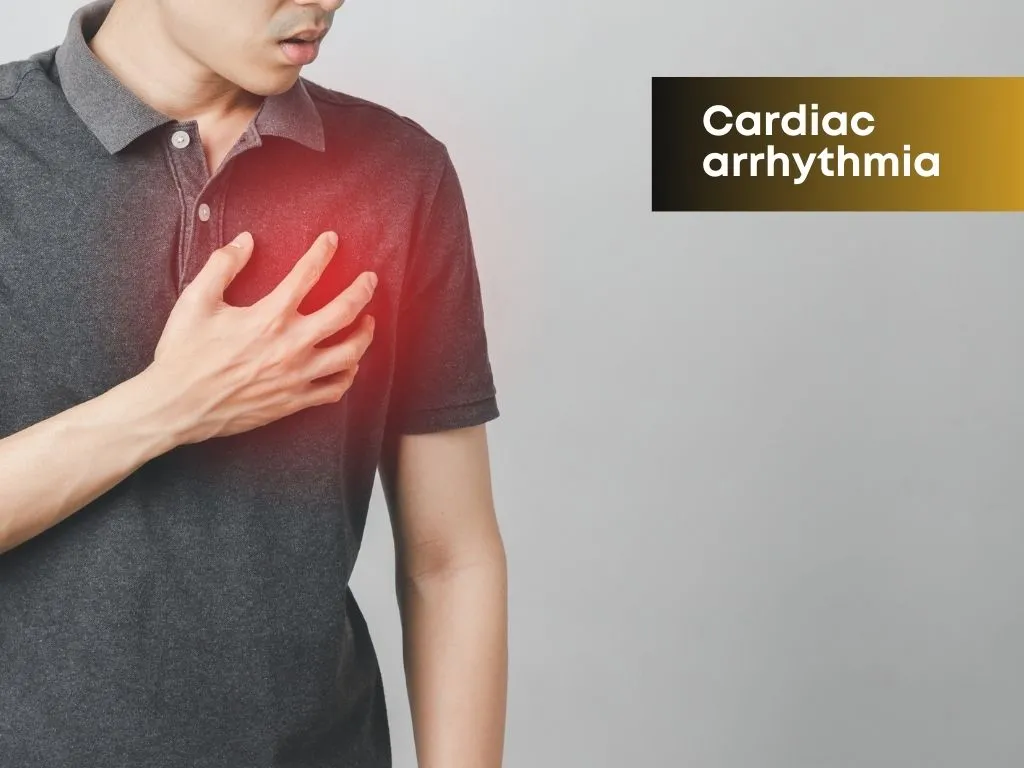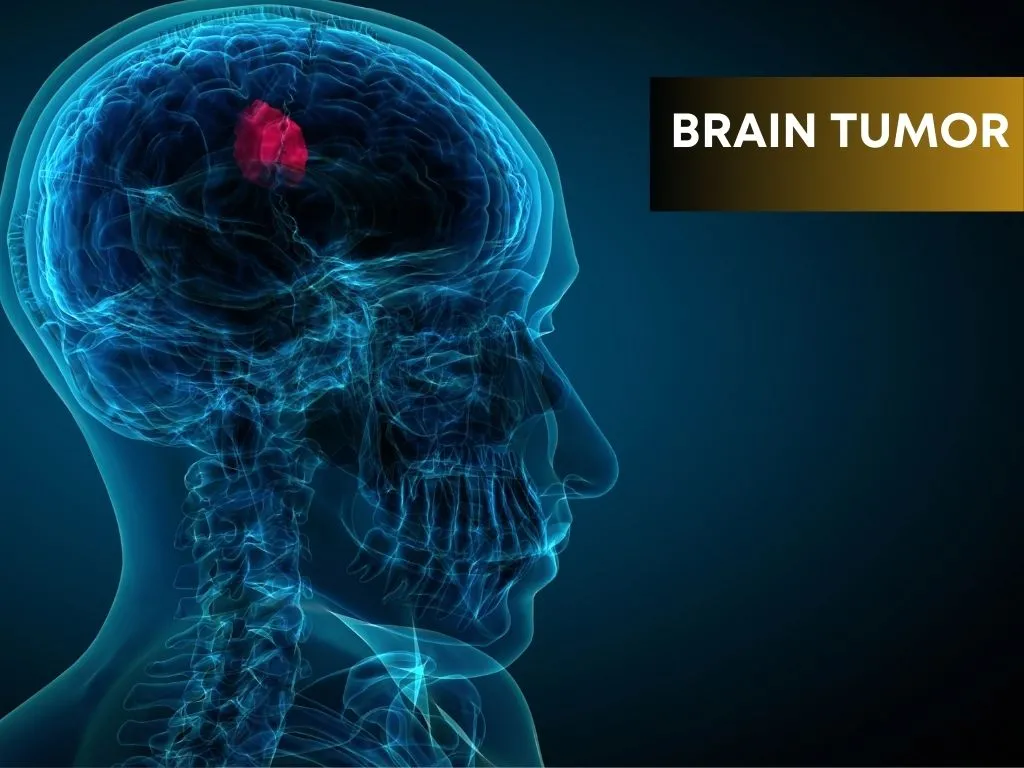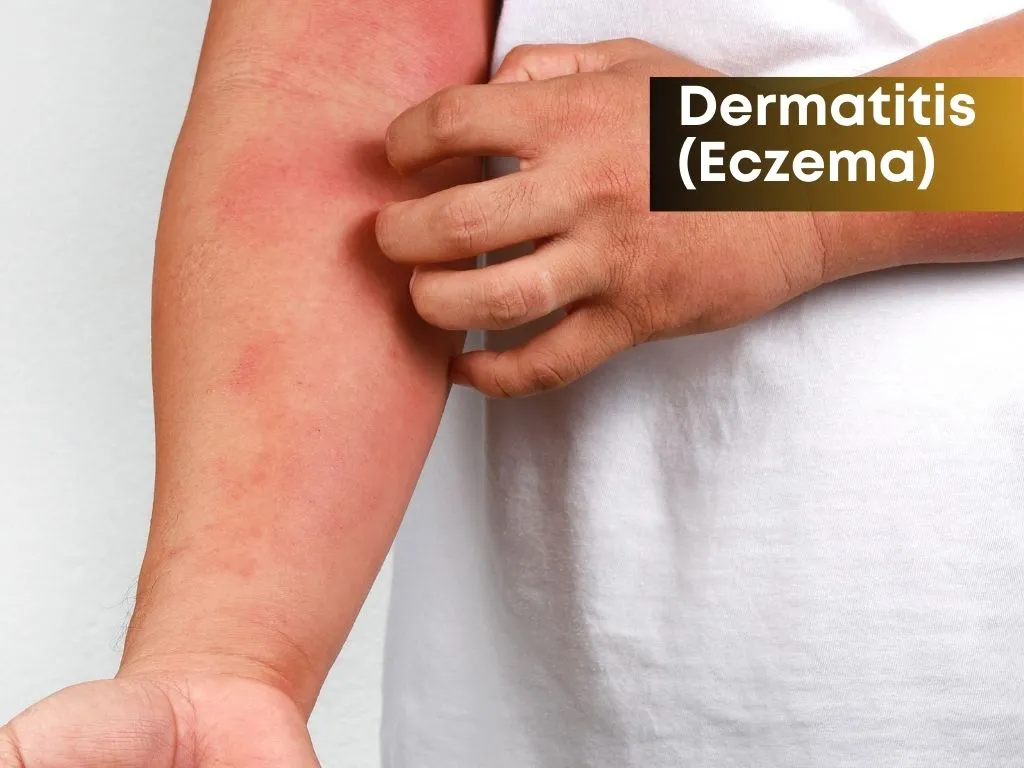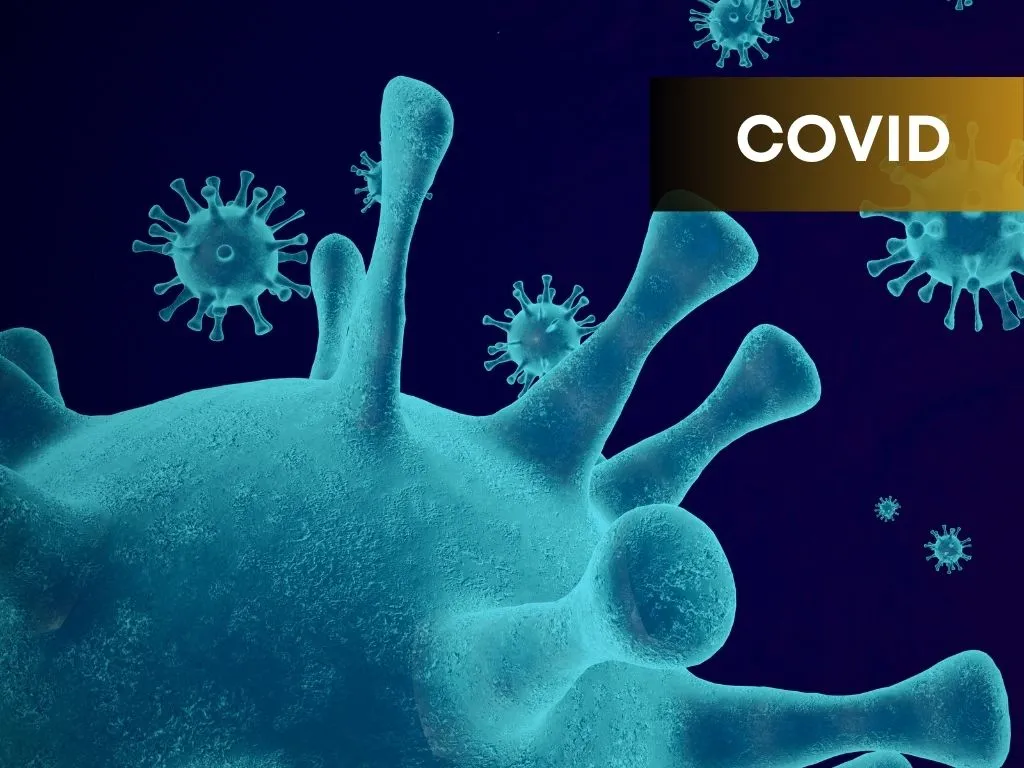Overview
Cardiac arrhythmias refer to abnormalities in the heart's rhythm or rate of beating. Normally, the heart beats in a regular, coordinated rhythm, which is essential for proper blood circulation and delivery of oxygen to the body's tissues. However, in cases of arrhythmia, the heart may beat too fast (tachycardia), too slow (bradycardia), or irregularly.
Causes
Cardiac arrhythmias can be caused by various factors, including:
Heart diseaseElectrolyte imbalancesStructural abnormalitiesAgeGeneticsMedications and substancesStress and emotional factorsOther medical conditionsSleep apnea
Symptoms
Common symptoms of cardiac arrhythmias include:
PalpitationsDizziness or lightheadednessFainting (syncope)Chest pain or discomfortShortness of breathFatigueAnxietySweatingWeakness or difficulty exercising
Treatment: Modern Medicine
Antiarrhythmic medicationsBeta-blockersCalcium channel blockersSodium channel blockersPotassium channel blockersBlood-thinning medications (anticoagulants)Medications to control underlying conditionsRate-controlling medicationsElectrolyte supplements
Treatment: Traditional Medicine
Herbal Remedies:
Arjuna (Terminalia arjuna)Hawthorn (Crataegus spp.)Garlic (Allium sativum)
Ayurvedic Formulations:
DashmoolarishtaArjuna Ksheer Pak
Caution
Avoidance of triggersLimiting alcohol and caffeineQuit smoking
Prevention
Dietary modificationsRegular exerciseStress managementMaintaining electrolyte balanceMaintaining a healthy weight
 Nalamaree Team
Nalamaree Team





















.jpg.webp)
